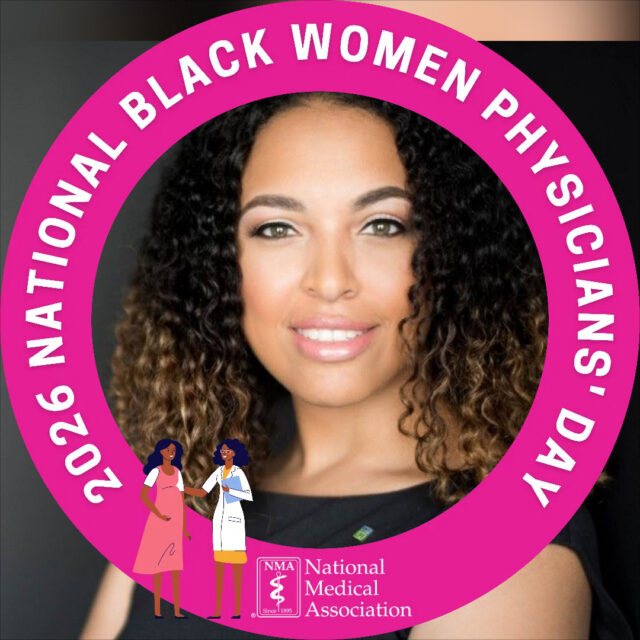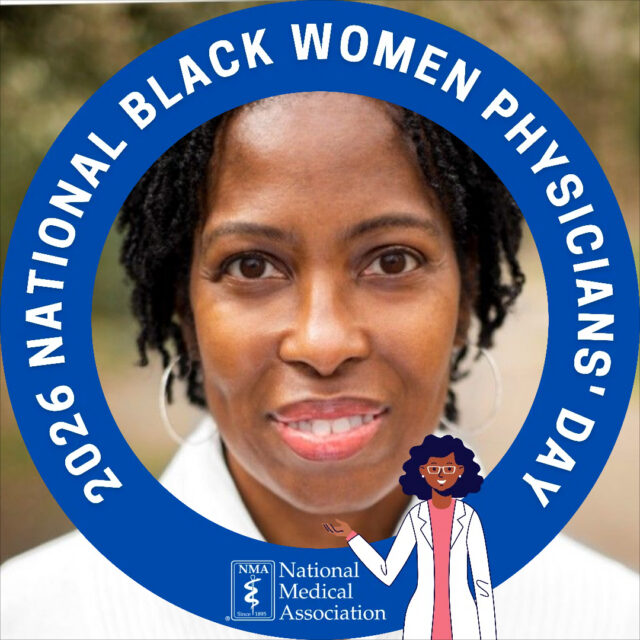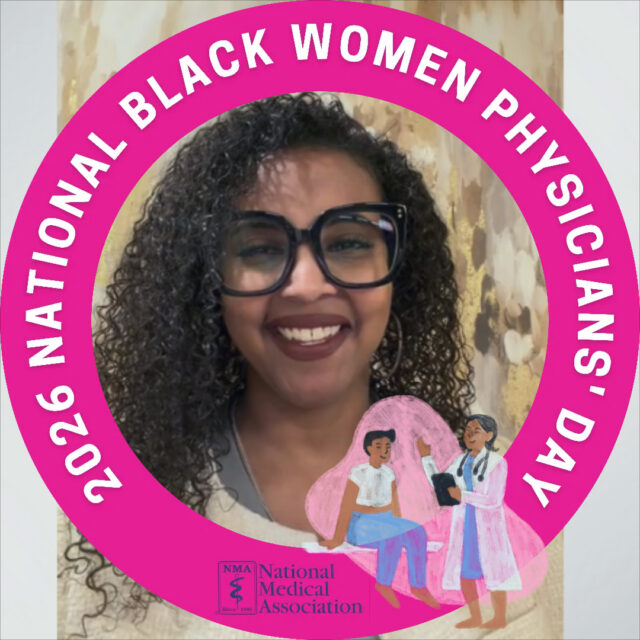SUMMARY CONGRESSIONAL TESTIMONY
Testimony before
Committee on Health, Education, Labor and Pensions (HELP)
United States Senate
May 2, 2024
Yolanda Lawson, MD, F.A.C.O.G
124th President of the National Medical Association
The healthcare workforce and reproductive justice are not only key policy foci of the NMA but of myself personally. Representing the needs of Black communities is paramount in a time where we face some of the worst health outcomes in the country. Black people are disproportionately affected by every major chronic disease and have a much higher likelihood of maternal mortality. Additionally, distrust in the healthcare system has a longstanding history amongst Black Americans, which creates additional barriers in receiving quality care. Sociocultural understanding and improved communication have been proven to lead to increased patient adherence to healthcare guidelines and higher patient satisfaction, which results in better health outcomes. Research continues to show that racial concordant care is key to improved health outcomes for minority communities, however, due to a history of racial and systemic barriers, the number of Black doctors in the United States is staggeringly low. The United States has been facing a physician shortage for several years, but especially with Black doctors, who represent only 5.7% of doctors in the country. The COVID-19 pandemic further exasperated these shortages and brought them to the forefront. The shortage has resulted in lack of access to receiving care, especially in rural and low-income communities, extraordinarily long wait times to receive care, a lack of a diverse workforce, and lack of healthcare workforce retention. It is important to focus on providing resources to increase support for Black students seeking graduate medical education. 70% of the Black physicians in the United States attended Historically Black Colleges and Universities (HBCUs) and the existence and support of these institutions is critical to the pathway of increasing the number of Black doctors. The Flexner report severely impacted the number of HBCUs in our country and we have yet to recover. By addressing barriers that contribute to the lack of Black physicians in the United States, we can begin to dismantle the systems that continue to impact the health outcomes of our community.








